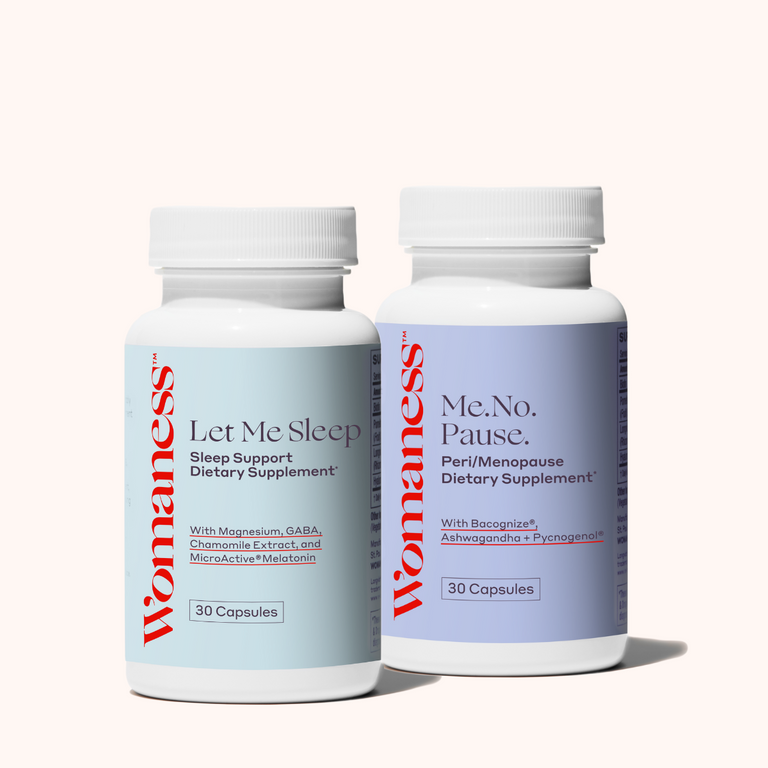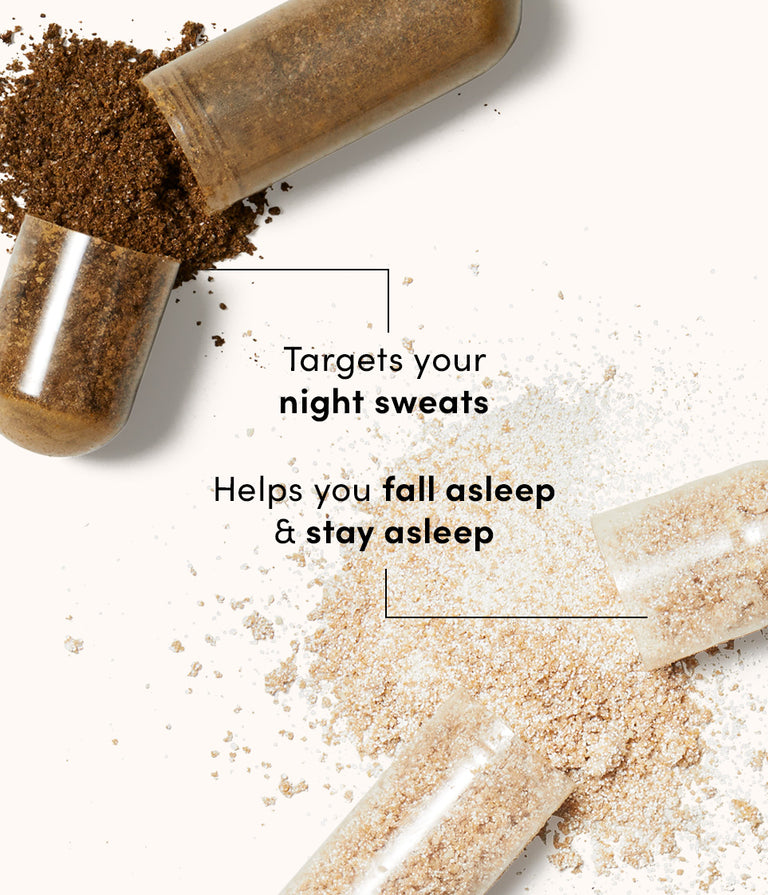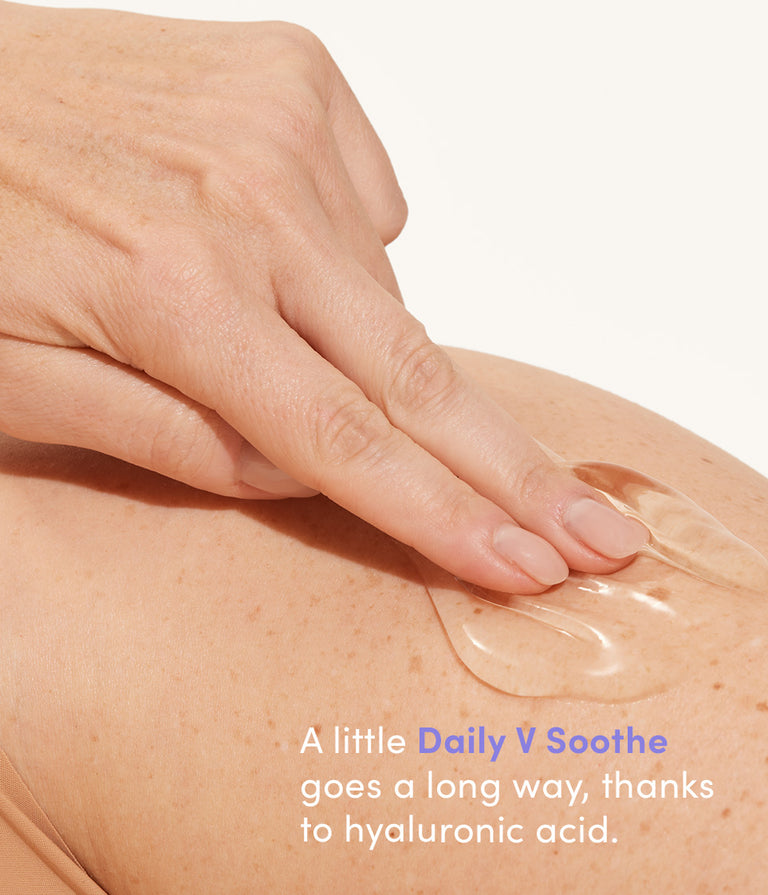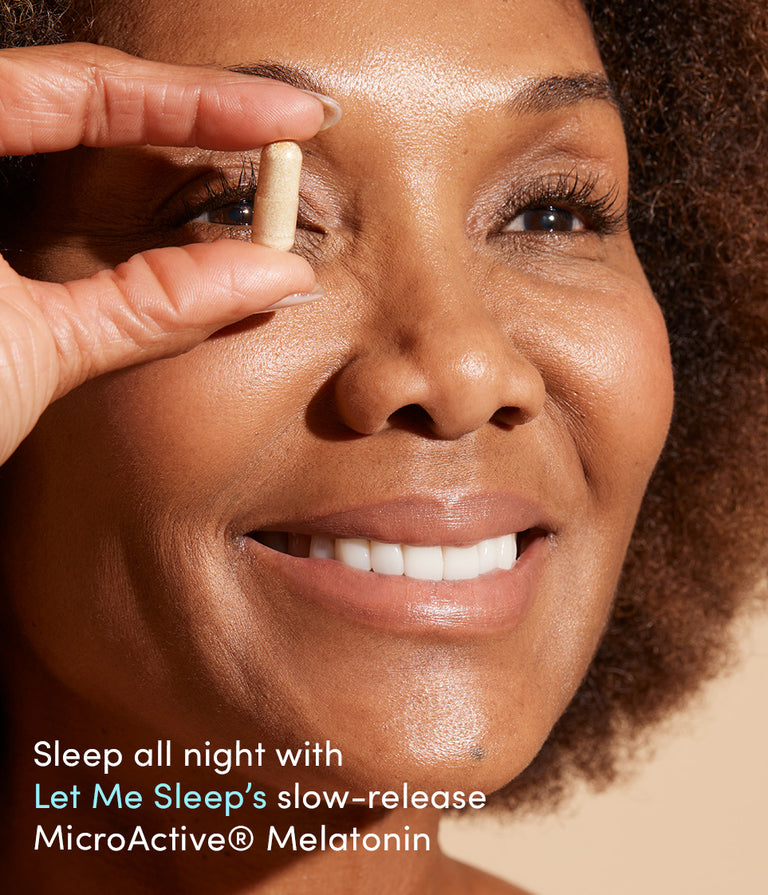By Womaness Editors 1-Minute Read

Welcome to ASK AN EXPERT, a series where we pose your real questions to our menopause experts for the intel you need. Need an answer? Post your question on The After Party, our private Facebook Group.
Your Question:
“What sort of changes should I expect once I reach menopause and I am officially in post-menopause? Will my perimenopausal symptoms go away? Will there be new symptoms? How do I prepare for them?”
The Answer:
From Dr. Ekta Kapoor, Mayo Clinic: "The answer is it depends. It's not the same for everybody. It’s a very variable trajectory and there is no way of knowing which path a given woman is going to follow.
For example, a lot of women start experiencing hot flashes and night sweats when they’re in perimenopause. After menopause, they may get better for some; for others, they may get worse. And some women may not have had any hot flashes or night sweats in perimenopause…and they may start for the first time after she becomes menopausal.
"Some symptoms do tend to get better once a woman is through the perimenopausal phase..."
Some symptoms do tend to get better once a woman is through the perimenopausal phase, though. Migraine headaches oftentimes will get better. Mood problems are often at their worst during the menopause transition; after a woman becomes menopausal, they get better. Similarly, cognitive complaints—like brain fog, etc.—are sometimes more marked in the perimenopausal phase, but they get better after menopause.
One symptom that consistently worsens the further a woman is into menopause is vaginal dryness. Sleep is another issue—it may not be as bad in the menopause transition, but it can continue or become worse in the post-menopausal phase.
So it really depends on the symptom, but I think the most important thing to remember is that on the whole, eventually seven, eight years later, hot flashes will get better and vaginal dryness will get worse."
Get More Answers
Ask an OB/GYN: "Is it too late to start taking HRT at age 60?"
Ask a Sleep Expert: "Why can't I fall asleep or stay asleep?"
Ask a Doctor: "Why does my brain feel so foggy in menopause?"






